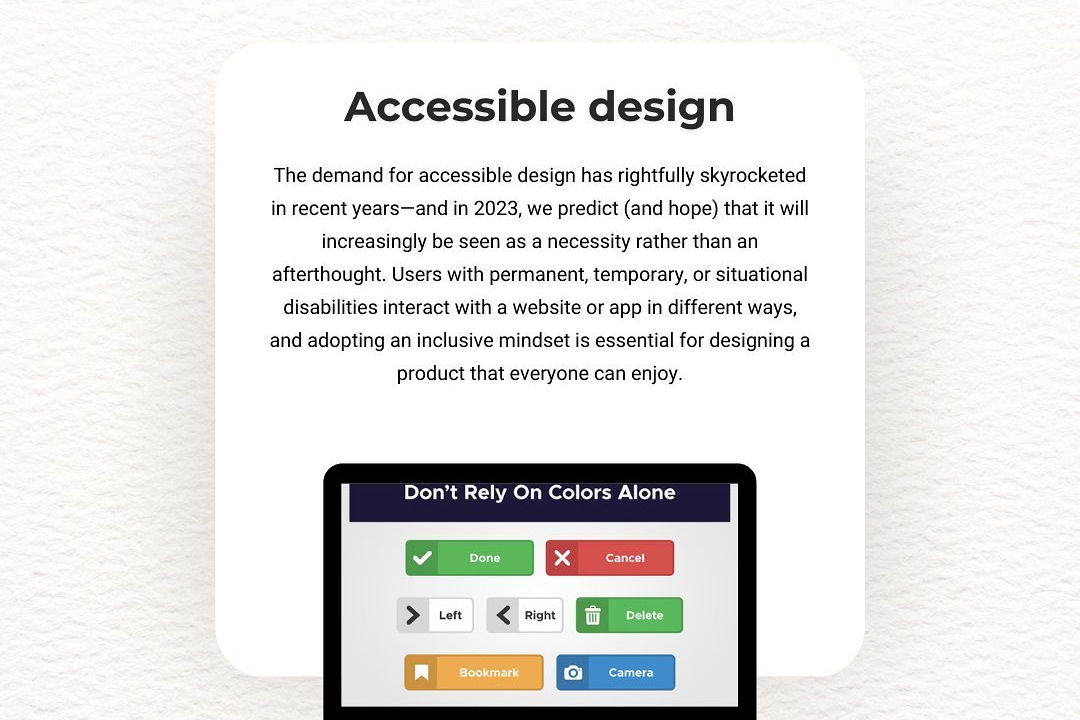Advanced IOS Programming Techniques
Cutting-Edge iOS Programming Techniques
Advanced IOS Programming Techniques
Advanced iOS programming techniques encompass a variety of practices and methodologies that enhance the creation of high-performance, efficient, and user-friendly applications. These techniques include leveraging Swift's advanced features such as protocol-oriented programming and generics, which promote code reusability and type safety. Developers often employ asynchronous programming with Grand Central Dispatch (GCD) and Combine for handling concurrency and reactive programming, ensuring smooth user experiences. Utilizing Core Data for sophisticated data persistence, along with implementing design patterns like Model-View-ViewModel (MVVM) and Dependency Injection, enhances code maintainability and testability. Additionally, integrating advanced UI frameworks such as SwiftUI for declarative UI design and employing testing frameworks like XCTest and SwiftUI Previews enables robust application development, while keeping the user interface responsive and visually appealing. These techniques, combined with a deep understanding of memory management and performance optimization, allow developers to create complex applications tailored to user needs.
To Download Our Brochure: https://www.justacademy.co/download-brochure-for-free
Message us for more information: +91 9987184296
1 - Swift Protocols and Delegates: Understanding how protocols serve as a blueprint for methods, properties, and other requirements, and how delegates allow one object to communicate back to another.
2) Closures: Learning about capturing values, and how closures can be used as callback functions, especially in asynchronous programming and event handling.
3) Concurrency and Multithreading: Exploring GCD (Grand Central Dispatch) and NSOperation for background processing, improving app responsiveness, and managing multiple tasks efficiently.
4) Combine Framework: Introduction to reactive programming with Combine, leveraging publishers, subscribers, and operators to handle asynchronous events and data streams elegantly.
5) Dependency Injection: Understanding methods to pass dependencies into classes or structs, enhancing testability, and making code modular.
6) Memory Management with ARC: In depth look at Automatic Reference Counting, strong/weak references, and avoiding memory leaks in your applications.
7) Data Persistence: Implementing Core Data for local data storage, understanding entity relationships, and managing data models efficiently.
8) Networking with URLSession: Building and managing network requests, parsing JSON responses, and handling errors using URLSession.
9) SwiftUI for UI Development: Utilizing SwiftUI to create modern, declarative user interfaces, along with state management, and reactive programming concepts.
10) Custom Animations: Implementing custom animations using Core Animation and UIKit, optimizing performance and enhancing user experience.
11) Testing with XCTest: Writing unit tests and UI tests, understanding test driven development (TDD), and using mocking frameworks for effective testing.
12) App Architecture Patterns: Exploring design patterns such as MVC, MVP, MVVM, and VIPER, improving code organization, maintainability, and scalability.
13) Push Notifications and Local Notifications: Setting up and managing push notifications, handling payloads, and utilizing local notifications to enhance user engagement.
14) Security Best Practices: Implementing keychain services for sensitive data storage, understanding app transport security (ATS), and secure coding guidelines.
15) Performance Optimization: Using Instruments and Xcode tools to profile your app, identify bottlenecks, and optimize memory usage and CPU efficiency.
16) Integration with Third Party Libraries: Understanding CocoaPods and Swift Package Manager for managing and integrating third party libraries into projects.
17) Debugging Techniques: Advanced debugging techniques using breakpoints, LLDB commands, and understanding the debugging workflow in Xcode.
18) Accessibility in iOS Apps: Implementing accessibility features to make apps usable for everyone, including VoiceOver, dynamic type, and custom accessibility elements.
This comprehensive list covers a wide range of advanced iOS programming techniques that would benefit students looking to deepen their knowledge and skills in iOS development. Each point can be expanded into detailed lessons or modules for effective training.
Browse our course links : https://www.justacademy.co/all-courses
To Join our FREE DEMO Session: Click Here
Contact Us for more info:
Java Performance Analysis
Flutter Training in Jind
Cross-Platform App Development
Java and software quality assurance
Android Development Projects Jayashankar











